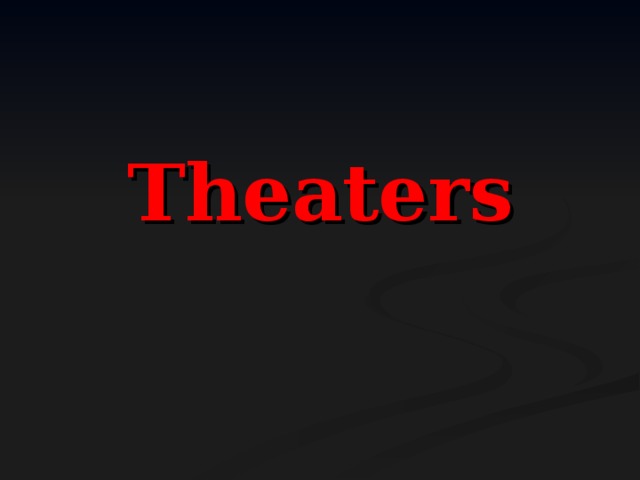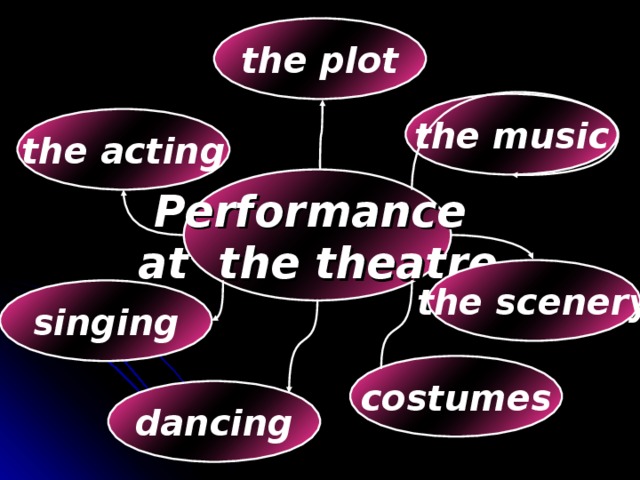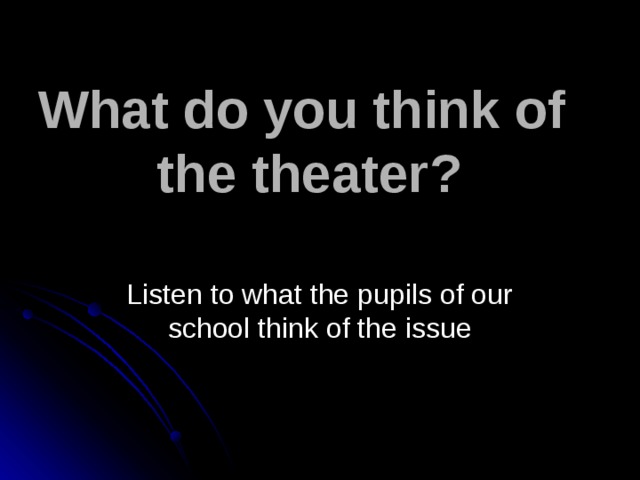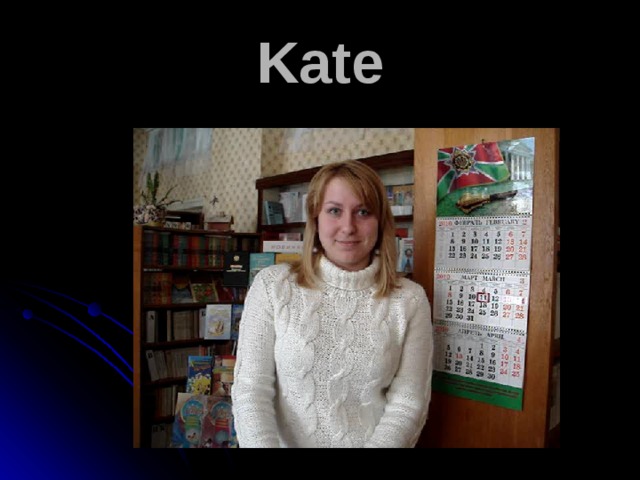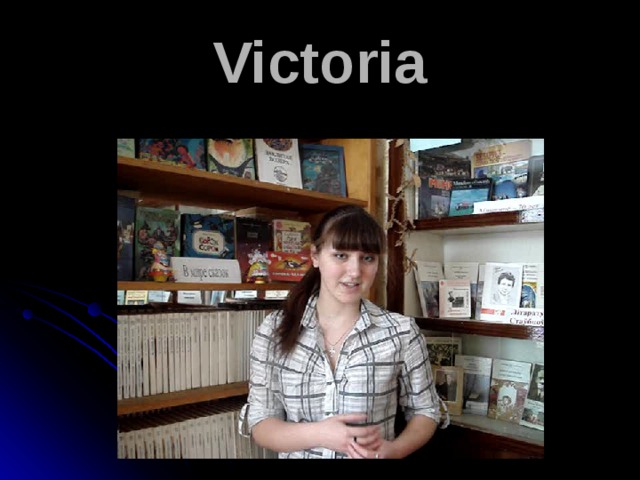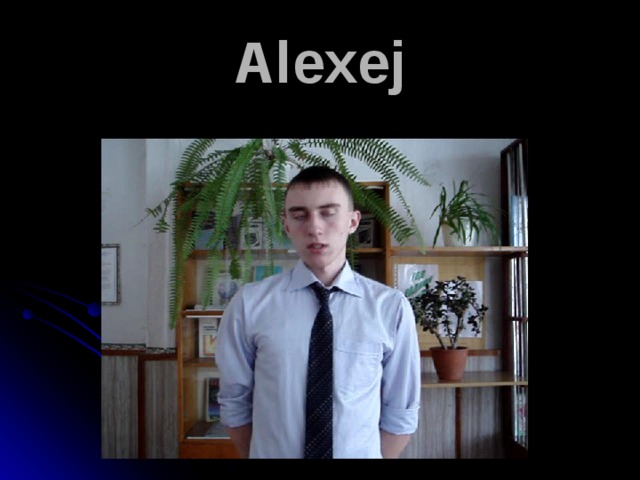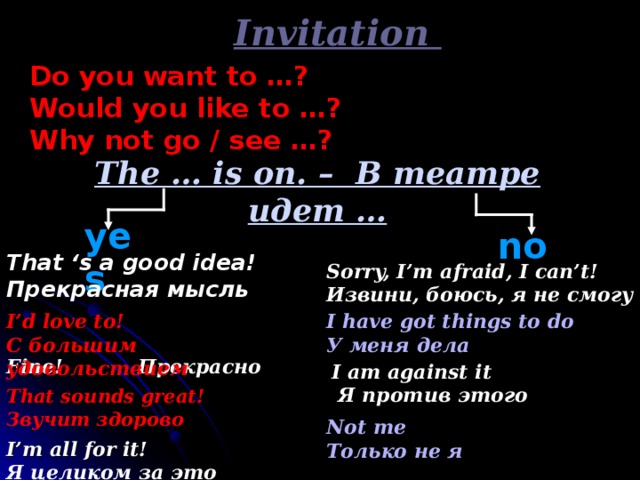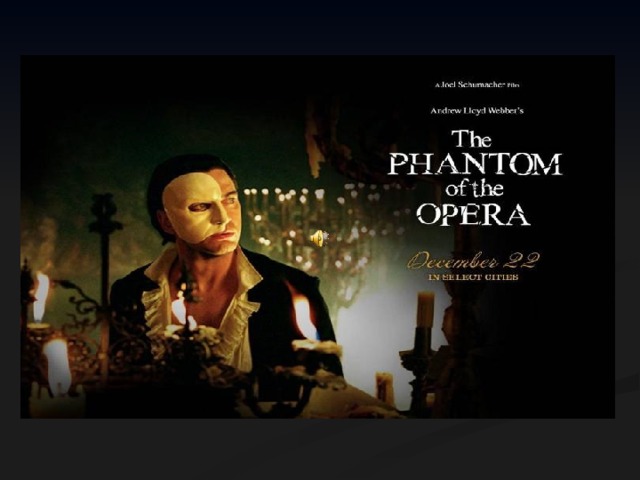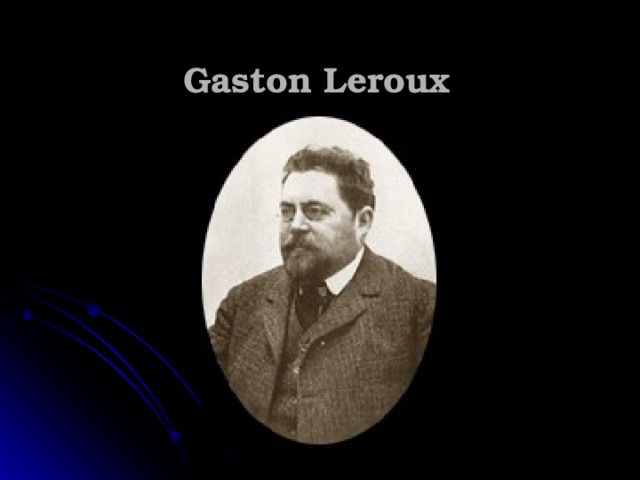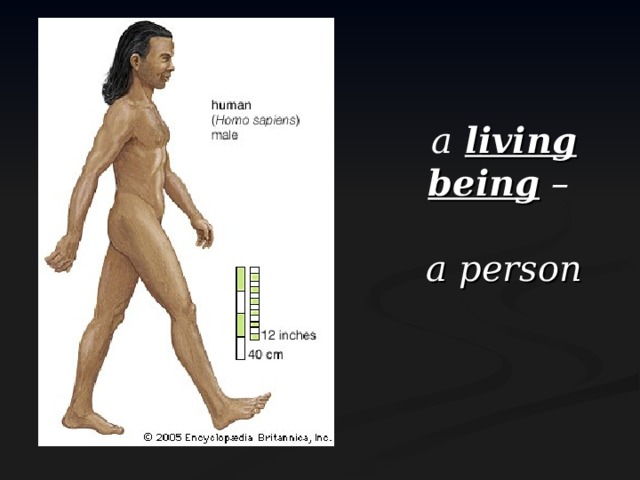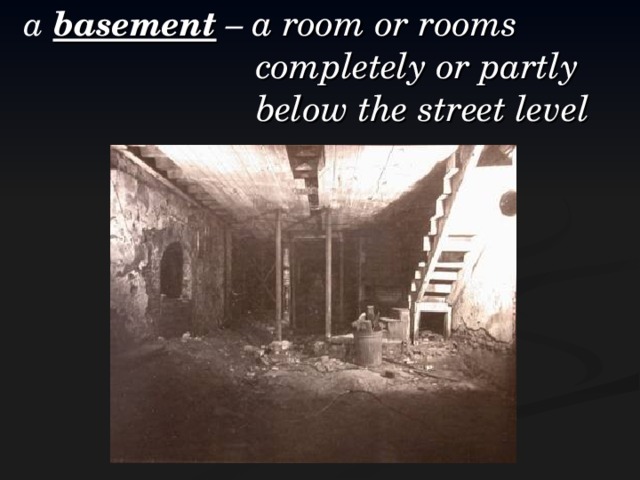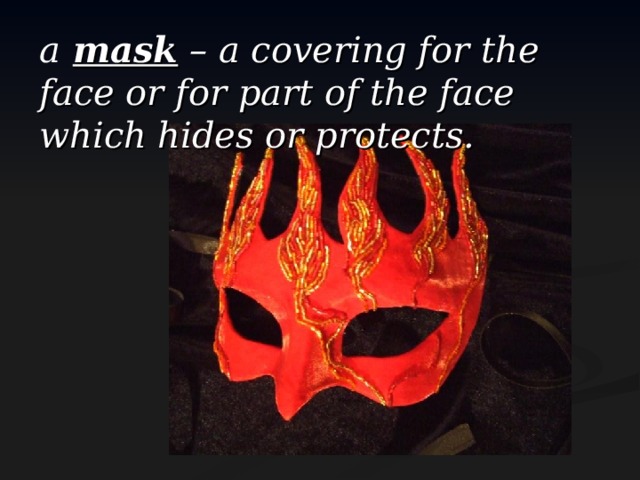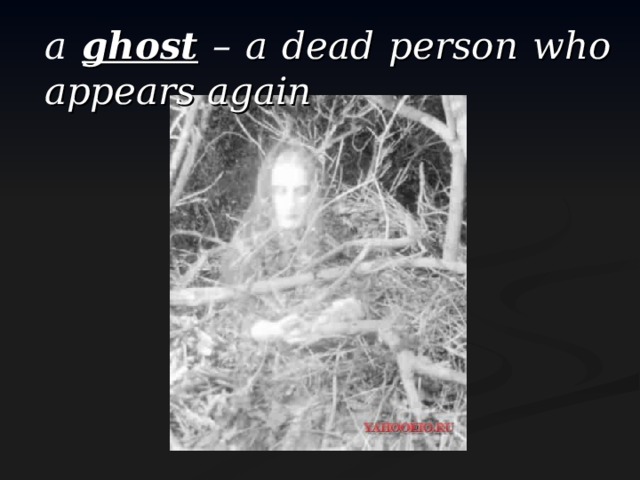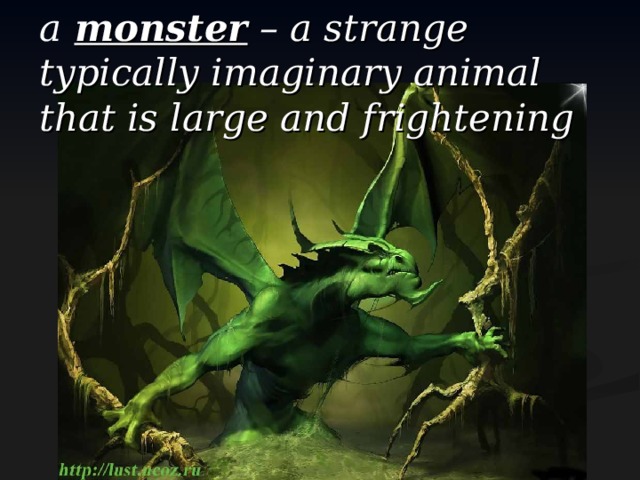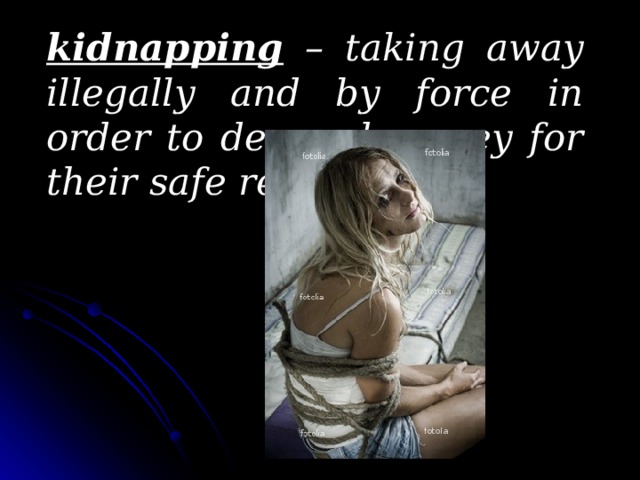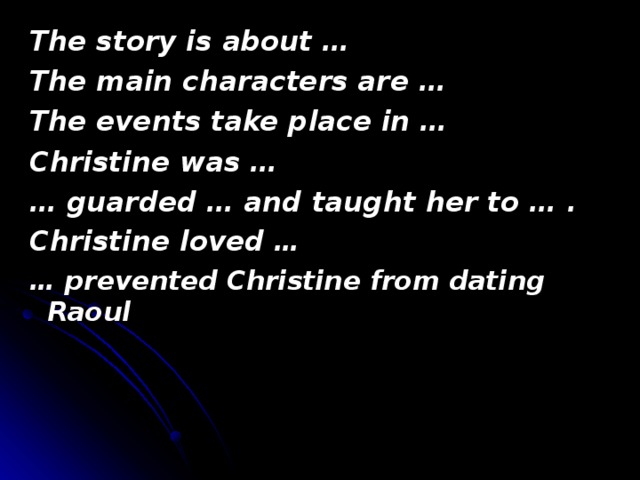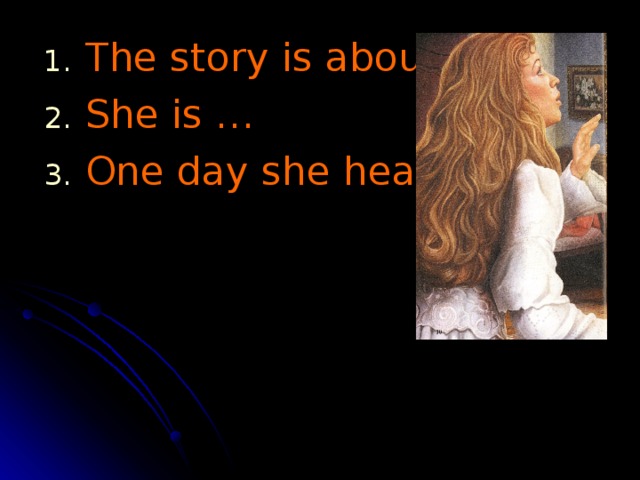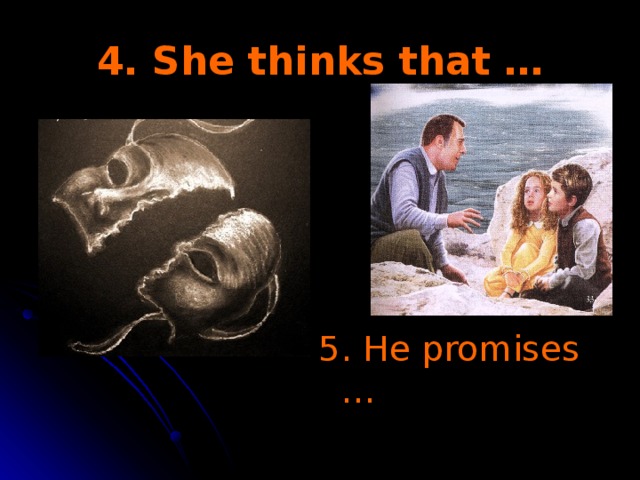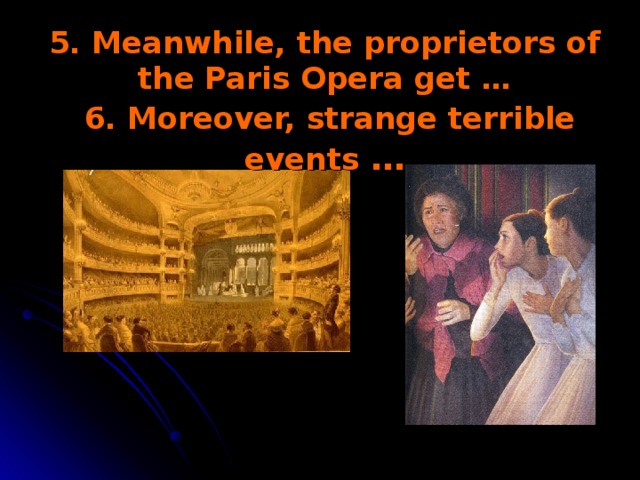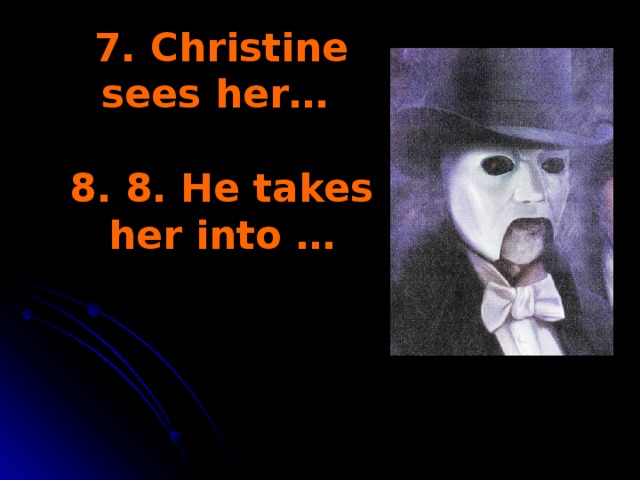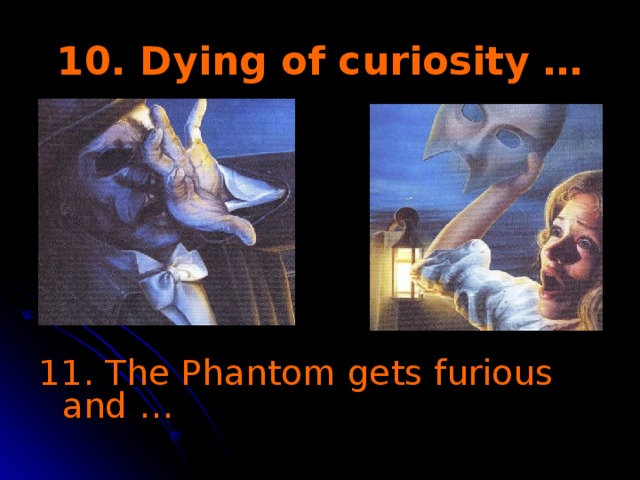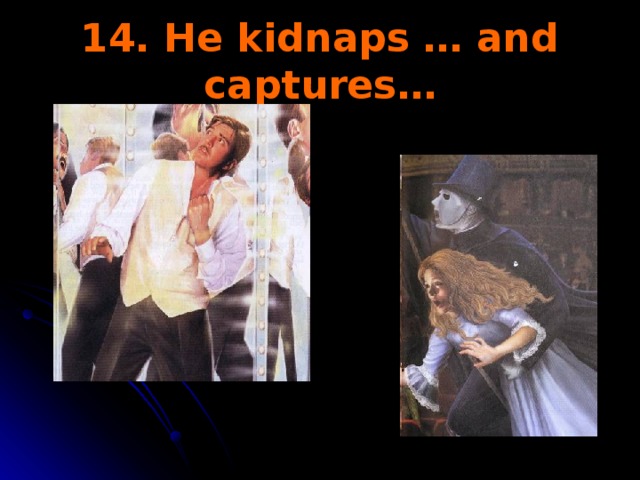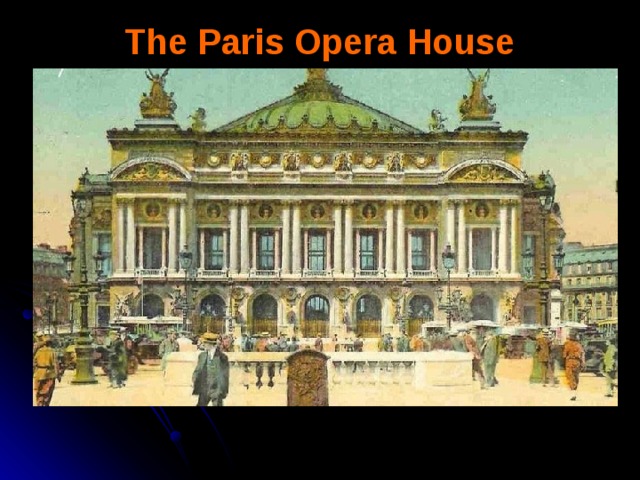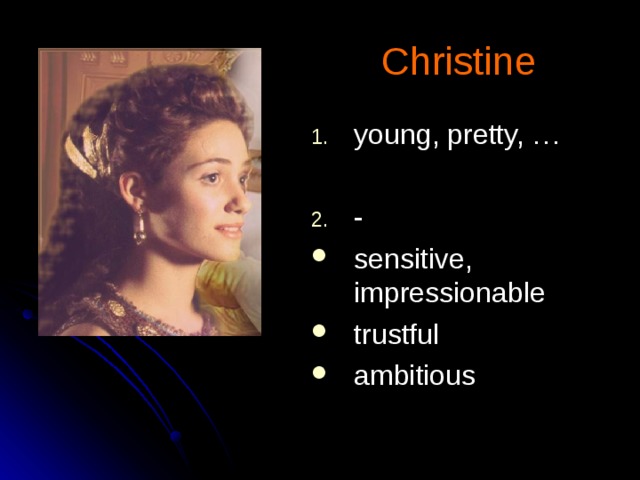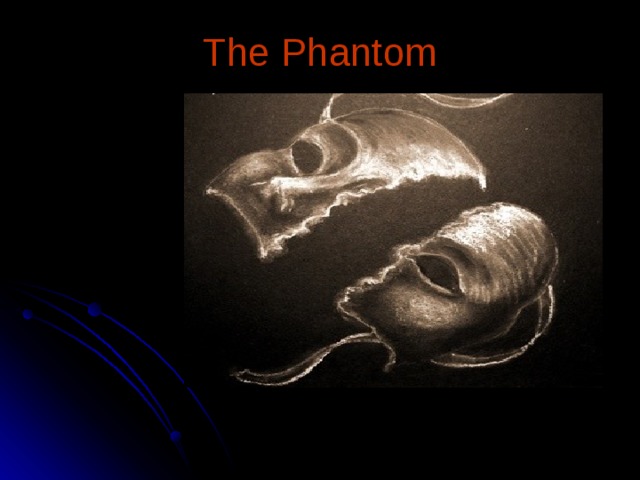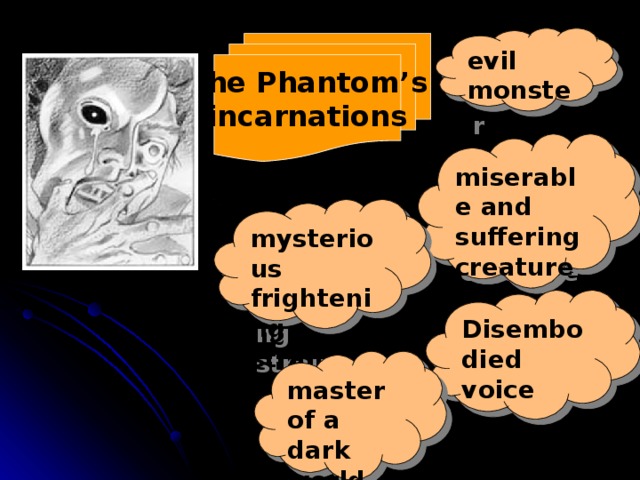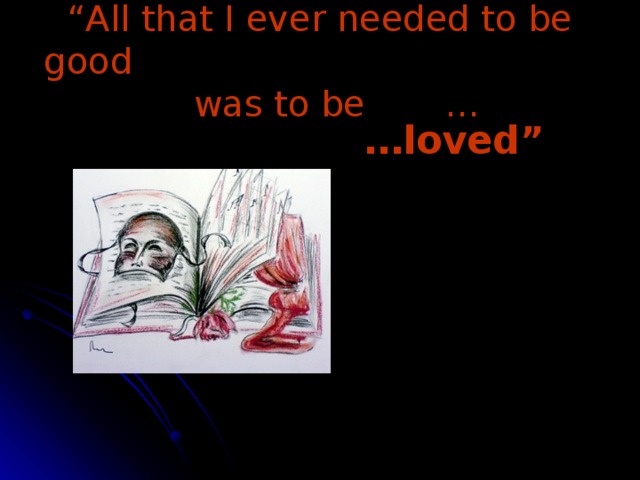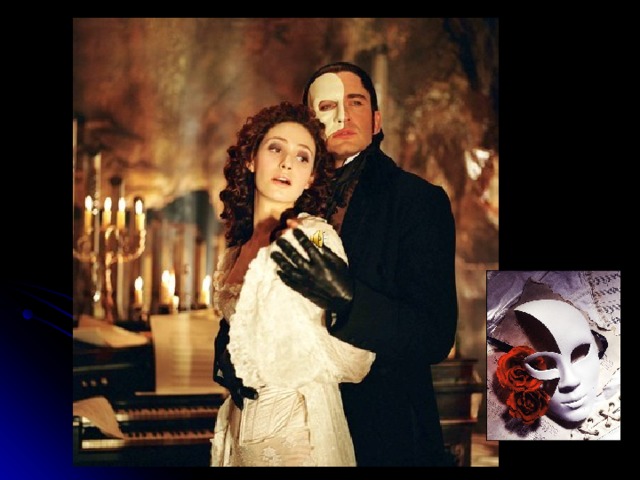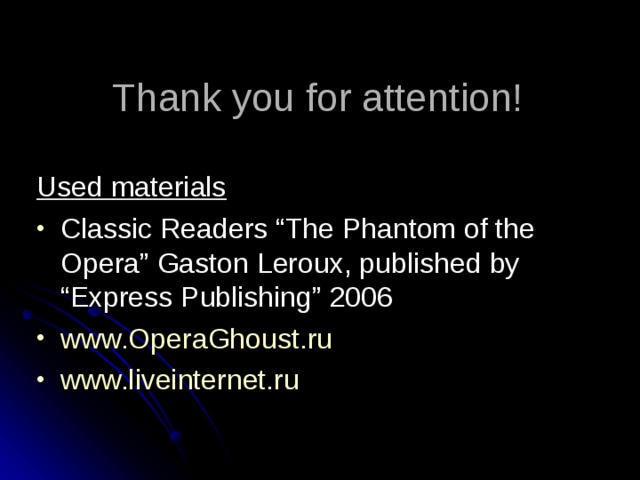© Yuliya Tolkach
Факультативное занятие по курсу «Культура речевого общения»
«Visit to the Theater»
8 класс
Учитель: Толкач Юлия Ивановна
| Методическая информация |
| Тема занятия | Посещение театра, мюзикл «The Phantom of the Opera» |
| Тип урока
| Обобщающее занятие по теме «Посещение театра» |
| Цели урока
| К концу занятия учащиеся могут использовать лексический материал по теме занятия для того, чтобы пригласить друг друга в театр, рассказать о сюжете мюзикла, представления, принять или отклонить предложение пойти в театр (кино); умеют аргументировать свою точку зрения и анализировать художественное произведение |
| Задачи урока (воспитательные и развивающие)
| Создавать на занятии условия для развития потребности в самообразовании в области изучения английского языка и мирового культурного наследия через овладение иностранным языком; Создавать условия для совершенствования у учащихся умений анализировать, обобщать и делать выводы на основе полученной информации; Создавать условия, которые бы содействовали воспитанию у учащихся доброты и способности к милосердию; Содействовать развитию умений учебного сотрудничества при работе в парах и малых группах. |
| Знания, умения, навыки и качества, которые актуализируют/приобретут/закрепят/др. ученики в ходе урока | Закрепление навыков краткого пересказа сюжета; Совершенствование навыков характеристики героя произведения; Совершенствование навыков выявления основной идеи произведения и выражения своего отношения к проблематике произведения; Совершенствование навыков диалогической речи.
|
| Необходимое оборудование и материалы | персональный компьютер, мультимедийный проектор, предварительный просмотр мюзикла по книге “The Phantom of the Opera” Gaston Leroux, видеофрагмент экранизации Джоэла Шумахера мюзикла Эндрю Ллойда Уэббера «Призрак оперы»; аудиозапись основной композиции из мюзикла; PP-презентация |
Ход урока.
* На протяжении всего занятия на партах учащихся лежат стикеры разного цвета (у каждого учащегося свой цвет). Учитель исправляет по ходу занятия только грубые речевые ошибки. Остальные ошибки записываются на стикеры и складываются в “Mistakes box”. В конце занятия учащиеся получают из шкатулки предложения со своими ошибками, исправляют их и проводят краткий анализ.
Teacher: Good morning, boys and girls. I am really very glad to see you. How are you today? On the stickers write down the number of the picture which can reflect your today’s emotions the best. (Show the pictures with different smiles)
Thank you for your answers. And let’s start our work. At the previous lessons we spoke much about the history of theater foundation, about the first musical instruments. Today I offer you another theme to discuss. We will talk about… Oh, wait a minute, I’ll let you guess, what we’ll discuss today. Listen to this piece of music and try to name the topic of our discussion. (Pupils listen to the main composition from “The Phantom of the Opera” and then give their variants)
You are right. Today we’ll talk more about theaters and famous performances and about “The Phantom of the Opera”, in particular. I think you’d agree with me if I say that theatre is a wonderful kind of art. Theatre educates people, influences their way of life, and helps them to solve problems, to find answers to a lot of questions. Theatre carries them away from real life into the world of imagination. But theatre also entertains us; it is a place where we can have a good rest. We can enjoy ourselves listening to good music, splendid voices, and seeing the excellent acting of the performers. Do you agree with me? It is interesting for me to know what you think of theatre, whether you are theatre-goers, what theatres you prefer to visit and what performances you are fond of.
P1, P2, P3 – express their points of view.
T
 eacher: Let’s make an associogram: what are your associations when you hear the word “THEATER”?
eacher: Let’s make an associogram: what are your associations when you hear the word “THEATER”?



(Variants: actors, plays, audience, the first night, tickets, performance, etc. – pupils may use their vocabulary lists to the topic).
And now with the help of the associogram say some words about the emotions theaters awake in us.
P1, P2, P3 – express their points of view.
While preparing for this lesson, I decided to ask a few pupils from different classes and of different ages what they think of the theatre. Listen to what they say and agree or disagree with them. (Pupils listen to different recordings on a tape recorder and agree with the pupils or express different opinions).
Examples:
A boy of 14: You ask me if I love theatre. Oh no, I am not interested in it at all. Theatre is our past and now is a time of television and video. I think that teenagers don’t like to visit theatres.
A girl of 15: What do I think of theatre? I can’t say that I am a theatre-goer; but sometimes when I have free time and no idea how to spend it, I go to the theatre with my friends, but only to our musical theatre, as I am sure that theatre exists for our amusement and entertainment. When I am at the theatre I don’t want to think much, I only want to rest, to laugh and enjoy myself.
A girl of 14: I love theatre very much, and my friends consider me to be a theatre-fan. I am fond of seeing comedies, dramas and even tragedies; but I also watch ballets and listen to operas occasionally. They are difficult for me. I understand that this is bad, but in our town there is no opera-house and children are not taught to understand this art. It’s a pity.
A boy of 15: My thoughts about theatre? Well, I think that this kind of art is dying now, because nobody is interested in the fact that young people don’t like it. Though in our town there are some theatres, it is difficult for teenagers or youth to see a play. Such plays are not staged in our theatres. This is bad. That’s why theatres are visited mostly by grown-ups and old people. I think that something should be done to change the situation. Each town should have a children’s theatre.
After each recorded text I ask the pupils to agree or disagree with the opinion expressed and say what they think.
Teacher: Well, I see that your opinions are quite different from theirs and you can be called theatre-goers. And what do we always begin our visit to the theater with? (Pupils give their answers). You are right – we buy the tickets and invite somebody to go with us. Last time we built the dialogues with you and now in pairs try to make small dialogues: one of you invites the other to the theater and the latter can either accept or reject the invitation. Please, use the phrases from these papers (Pupils get cards with the phrases of agreement and disagreement)
Pupils present their dialogues.
Thank you for your dialogues, they were really brilliant. But some of you have rejected the invitation. What should we do if a person doesn’t want to go with us? … You are right, we should talk him or her in. And we can do it if we assure him/her that the performance is really wonderful.
Звучит основная музыкальная тема мюзикла Эндрю Ллойда Уэббера «Призрак оперы»;
На экране - слайд-афиша одноимённой экранизации Джоэла Шумахера.
Last week we watched the musical film with you. Did you like it?
Pupils give their answers.
Teacher. I do also agree that the performance is wonderful. If you invite your friend to this play and he / she rejects the invitation you can easily talk him in if you describe the main events and the music. Let’s discuss the main events:
Who lived in the basement of the Paris Opera House?
Was he a monster or a living - being?
Why did he wear a mask?
Why did he kidnap Christine?
Why did the Phantom free Rauol and Christine?
How can you characterize the Phantom?
Does this story give food for thoughts?
What is the main idea of the story?
So we’ll try to reconstruct the main events. But firstly we’ll revise the new words (Presentation!) Have a look at the presentation and complete the summary of a story. – слайды с иллюстрациями из книги для чтения “The Phantom of the Opera” Gaston Leroux. Express Publishing.2006 и опорными фразами для пересказа.
Some pupil retell the story in brief.
Teacher. I see that you remember the main events of the story. Where does the main intrigue unfold?
слайд – фотография Парижского оперного театра- Ss – in the Paris Opera House.
Teacher. What is the main conflict of the play? Who are involved in the conflict? Who are the main characters of a story?
Ss – Christine Daae and the Phantom.
Teacher. Firstly, let’s talk about Daae. What does she look like? (слайд – Кристина)
What is she like? Do you agree with these characteristics? (sensitive, ambitious, trustful…)
Yes/no? Why?
Ss – I think that Christine is too trustful. For example, she believes that the Phantom is an angel…
Teacher. And now let’s have a closer look at the second main character, the most complicated figure of the story and may be the most attractive. He attracts people like everything mysterious.
The author doesn’t give us much information about him. It seems he offers us a puzzle to solve gathering different pieces. He gives his character several incarnations. We meet him as
a mysterious and frightening stranger
a master of a dark world
an evil and malicious monster
a miserable and suffering creature
a disembodied voice
Obviously the Phantom has his two sides two. In this case his visible part is evil and unattractive.
What is his hidden side like? Is it still human?
Let’s divide into two groups. The first group will try to prove that the Phantom is a criminal, a real monster by giving some facts.
The second group will be advocates and try to prove that Eric is a broken man, not only physically, but psychologically deformed person who is worth compassion.
Ss – обсуждение в группах и подготовка представления своей точки зрения и доказательств её правоты.
Ss 1 – The Phantom is a cruel and pitiless monster. He kidnapped…, he scared people and enjoyed his power over them…, he forced Christine to…
Ss 2 – But what makes him to be so cruel? Let’s remember the story of Eric’s life. He had to face people’s hard-heartedness,…
Teacher. In the last chapter Eric says “Love is my killer”. He was right and he was wrong. Why?
(Love kills his sole, but revives his sole)
Let’s complete his phrase that expresses the main idea of the book
“ All what I ever needed to be good is to be…”?
Ss – “…loved”
Teacher. And the main song from the popular musical is about a link between two hearts that eventually stops evil.
- Song “The Phantom of the Opera” by A. Webber.
In sleeps he sang to me
In dreams he came….
Ученица исполняет первый куплет и припев песни.
Teacher. And now you have the last task for the today’s lesson. You should once more invite your friend to the theater to see “The phantom of the Opera” and tell him/her about the main events of the opera.
Pupils make dialogues and teacher listens to them.
Teacher. You worked well today but still there were some mistakes made by you. Choose your mistakes from the box and try to correct them.
Thank you for your work!
Teacher: I want you to love theatre. The theatre is a temple which saves our souls. Remember it. Thank you. Good-bye.





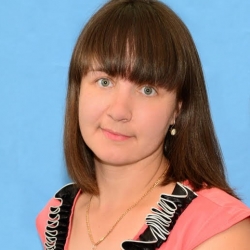



 eacher
eacher



